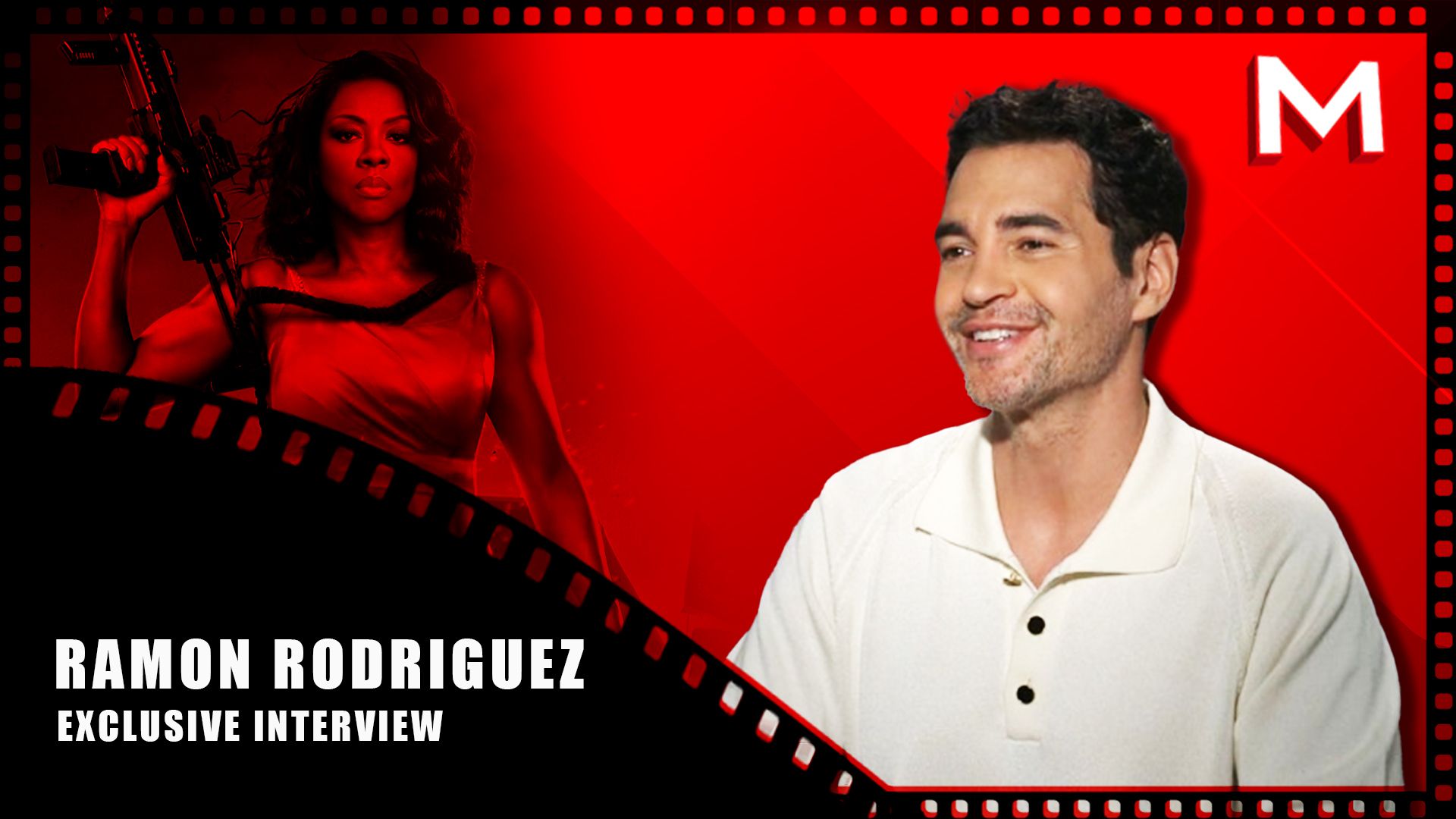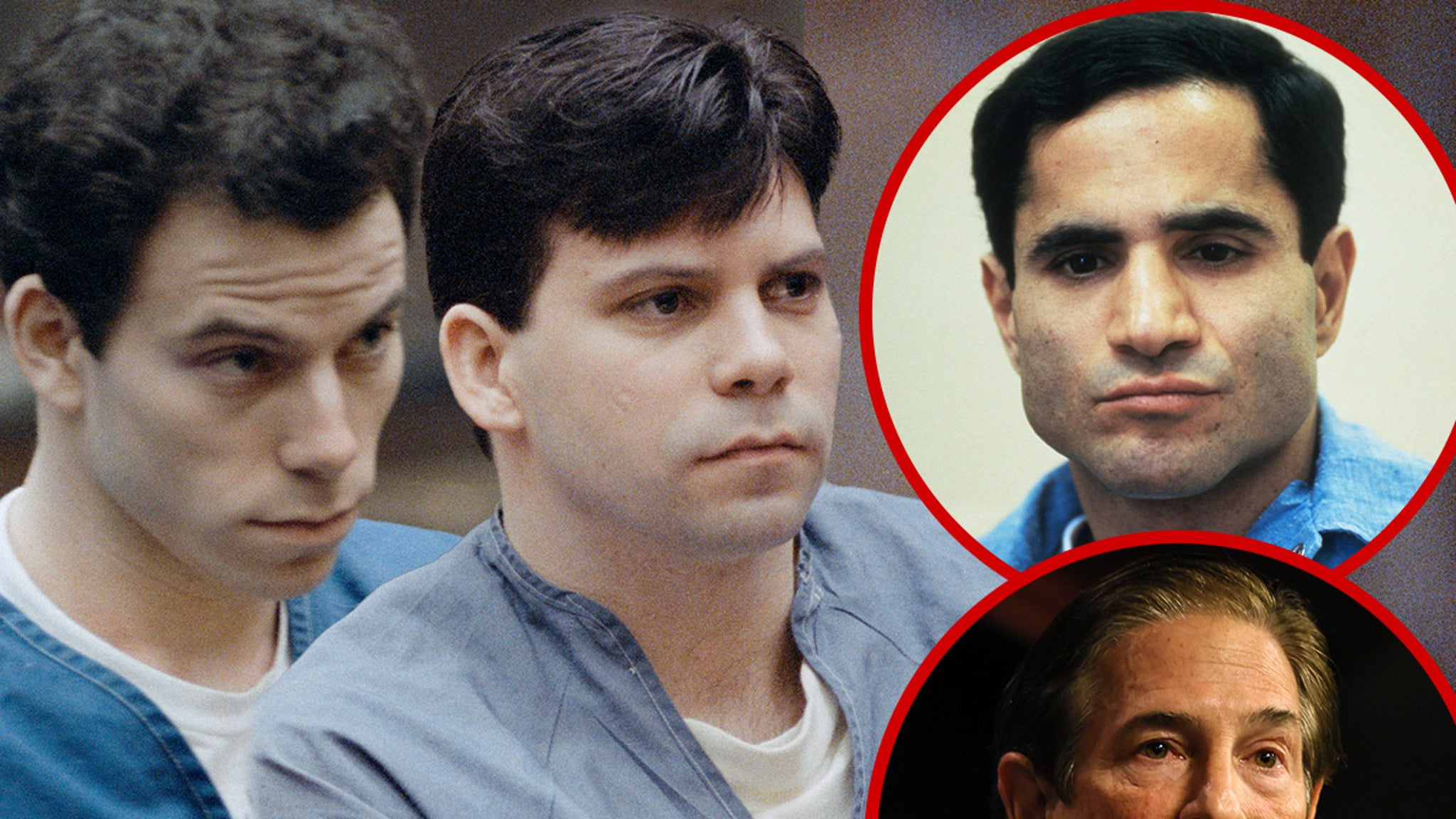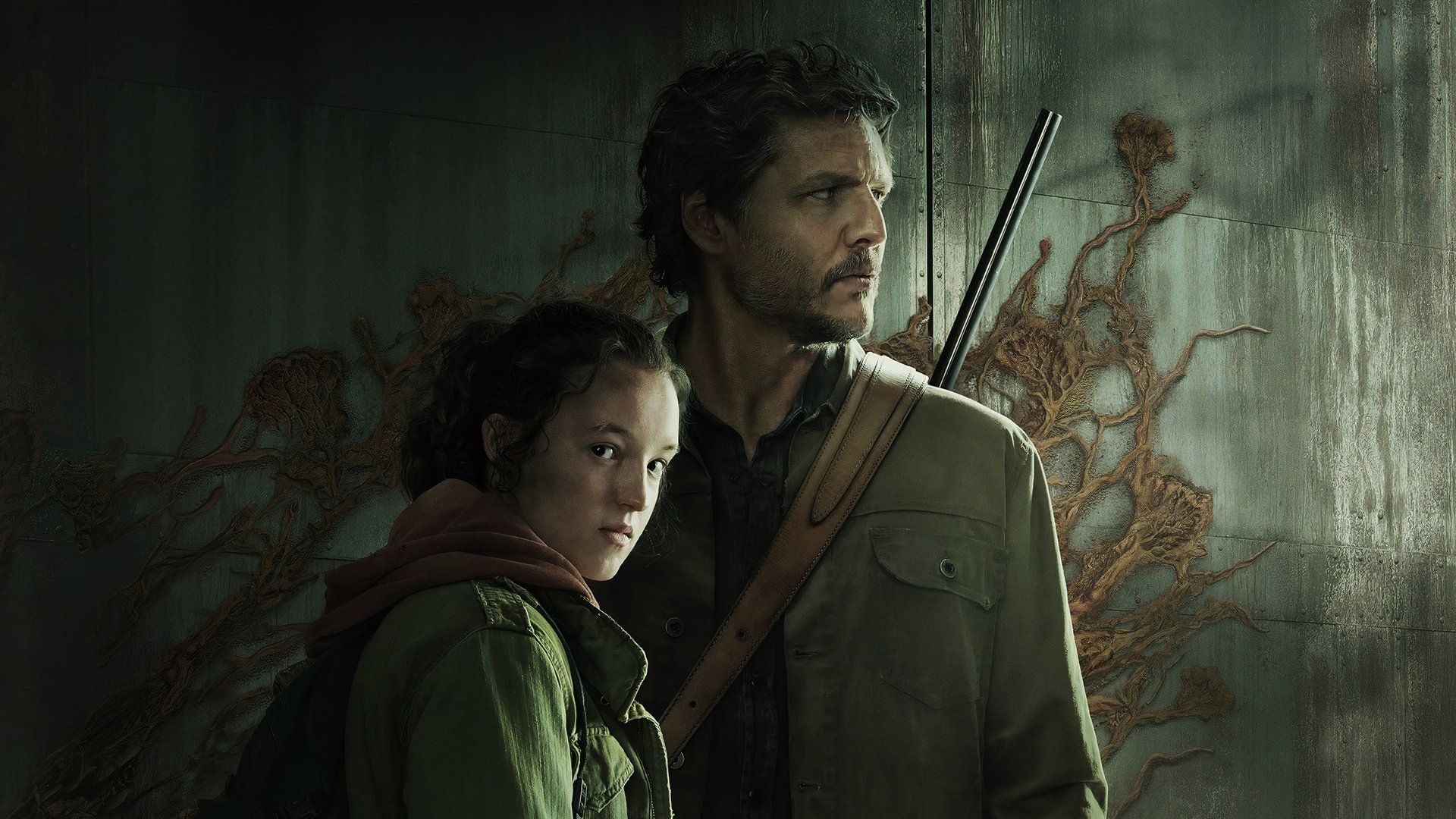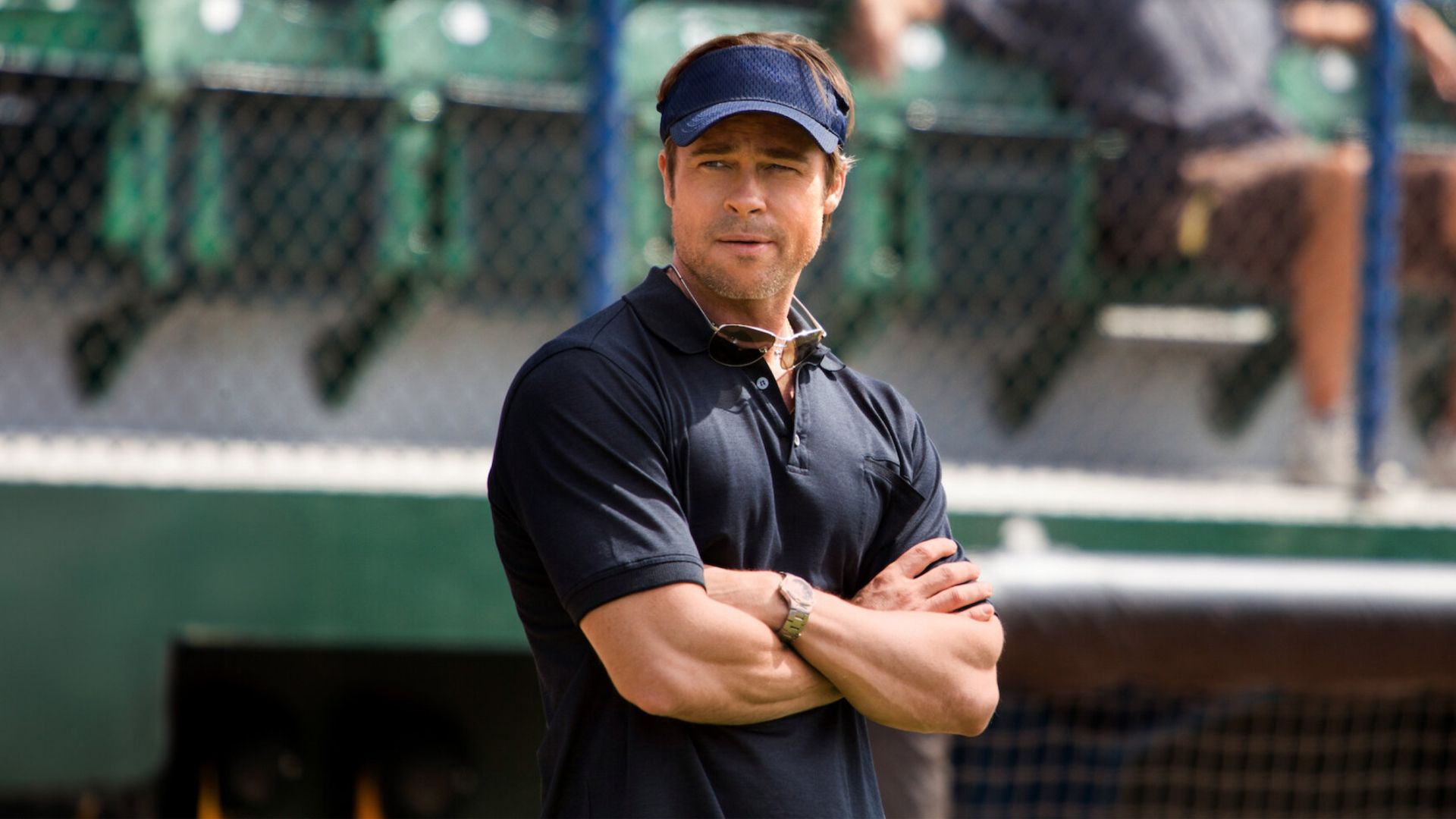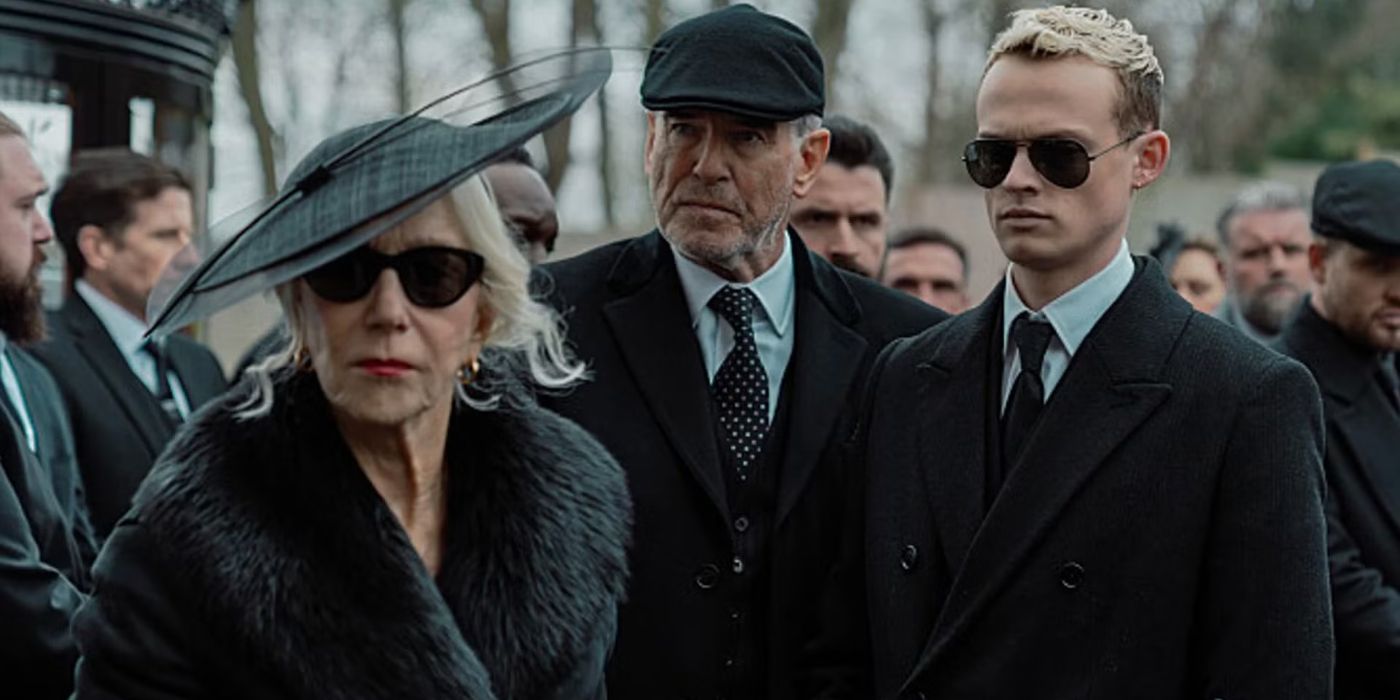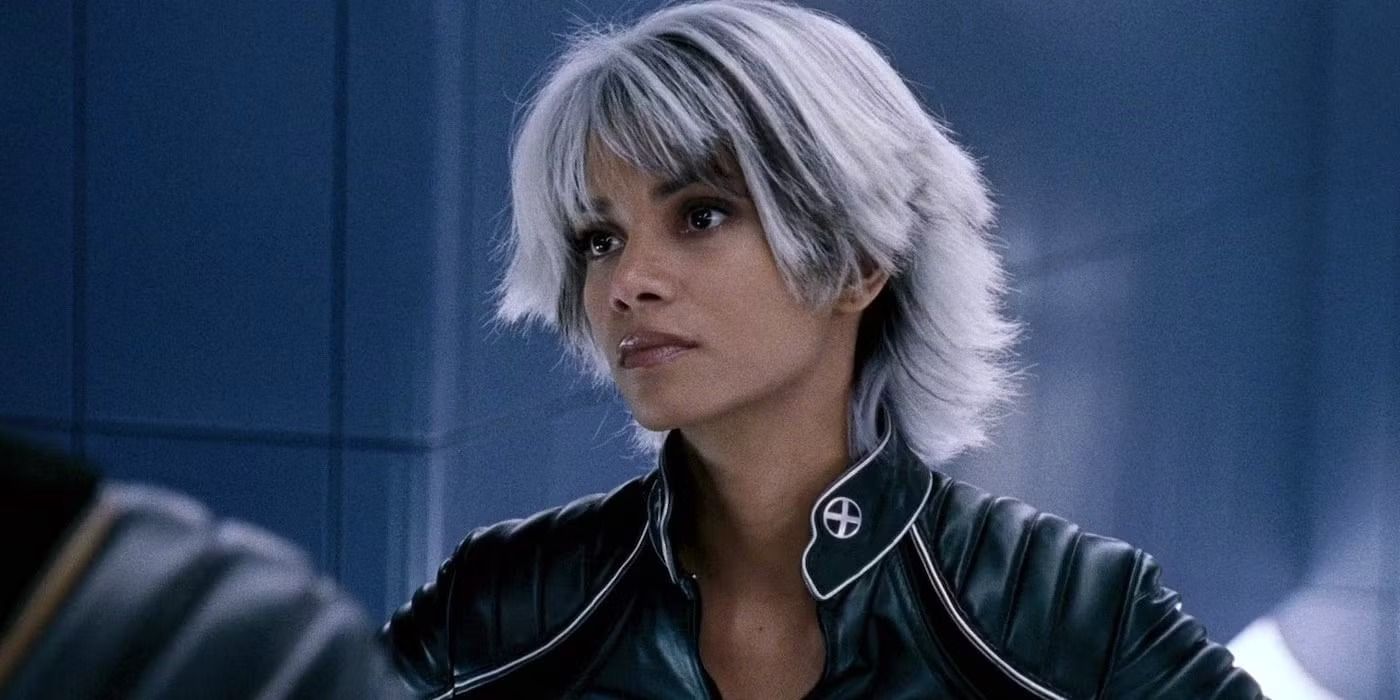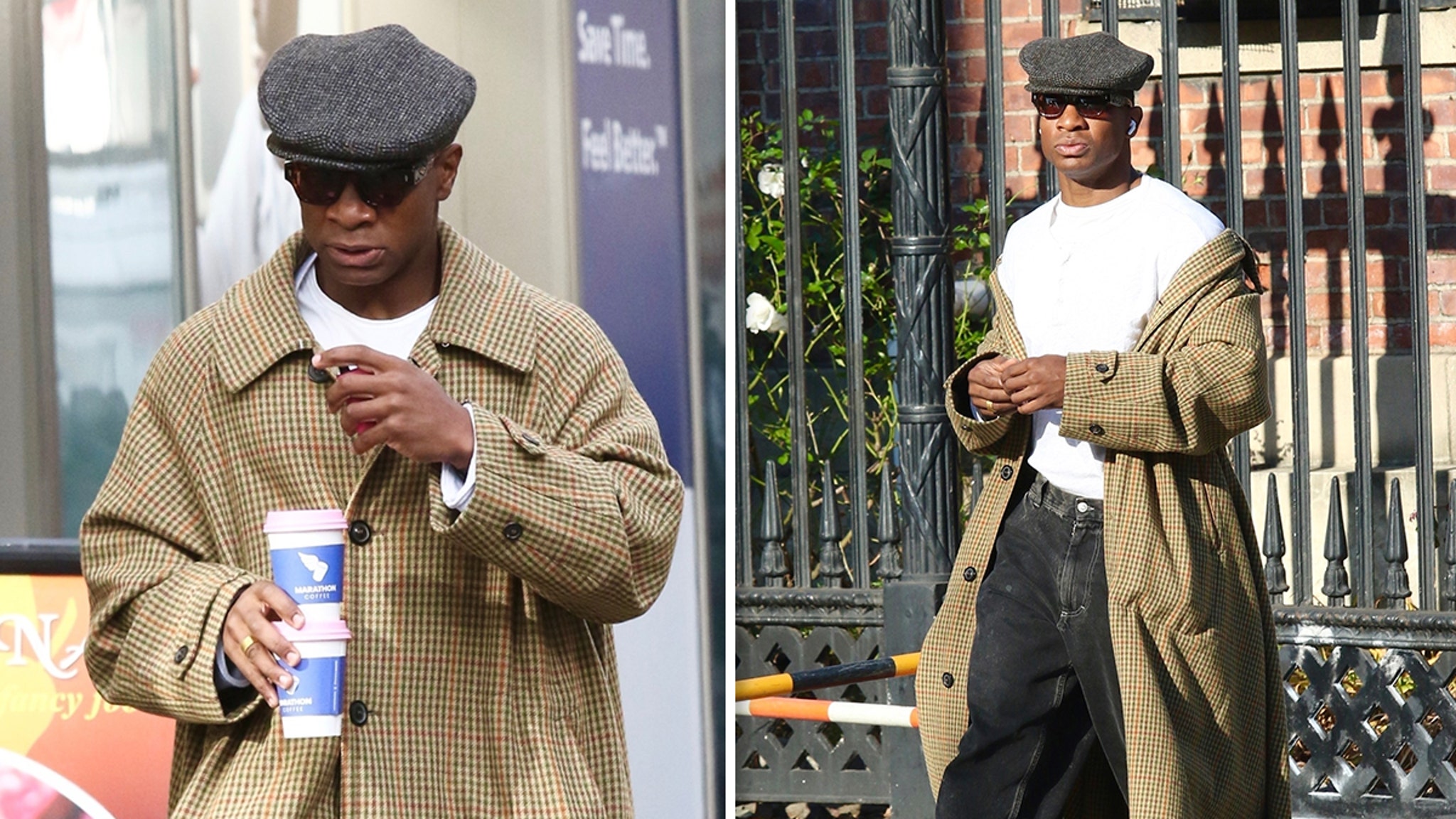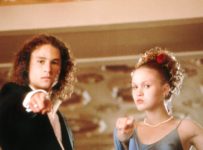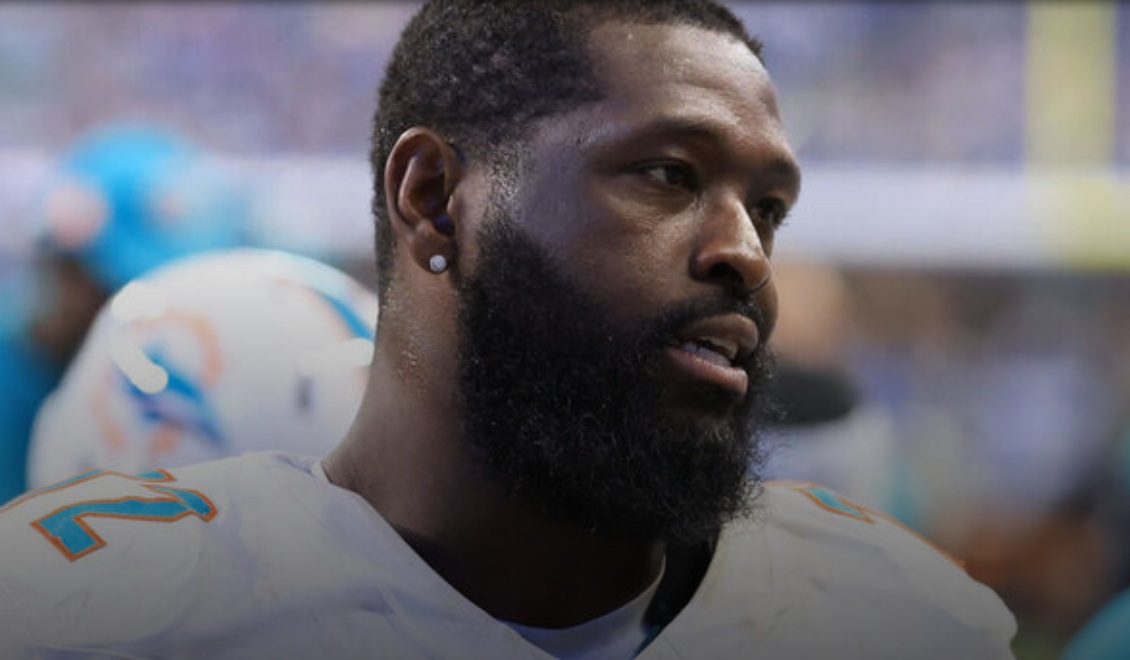Martin Sheen was born Ramon Estévez. (Photo: Kevin Winter/Getty Images)
Looking back on it, Martin Sheen would rather the audience see his real name, Ramon Estévez, in the credits of Apocalypse Now, Wall Street, The Departed and, of course, TV’s The West Wing.
“That’s one of my regrets,” he told Closer Weekly in an interview published Saturday, when they asked if he was sorry he had changed his name. “I never changed my name officially. It’s still Ramon Estévez on my birth certificate. It’s on my marriage license, my passport, driver’s license. Sometimes you get persuaded when you don’t have enough insight or even enough courage to stand up for what you believe in, and you pay for it later. But, of course, I’m only speaking for myself.”
Sheen racked up his first professional acting credits in the ’50s, when he was still a teenager.
“When I came to New York in 1959, there was great, you know, prejudice against Hispanics, largely against the Puerto Rican community that I adored, and I felt very much a part of the Hispanic community,” said Sheen whose father was a Spanish immigrant and whose mother hailed from Ireland.
He took the name Martin from CBS producer Robert Dale Martin, who had encouraged him early on; Sheen came from Fulton J. Sheen, who was the auxiliary bishop of New York at the time.
In the ’80s, Sheen’s son Charlie altered his name, too, before landing roles in movies such as Lucas, Wall Street, in which his father played his character’s father, and Major League, all of which launched him into a long career in film and TV.
Martin’s son Emilio Estévez, who also made a name for himself, kept his name, though, and that was partly due to his dad.
Martin Sheen and Emilio Estévez photographed together at an awards show in 2007. (Photo: Kevin Winter/Getty Images)
“The only influence I had on Emilio was to keep his name,” Sheen said. “When he started out, his agent was advising him to change his name to Sheen and he wouldn’t do it. And I thank God he didn’t.”
Estévez explained his side of the story when he and his dad had a conversation for the Hudson Union Society in 2012.
“He really implored me, he said, ‘Don’t make the same mistake I did,'” Estévez said. “But, you know, you’re young, and you want to push back against the old man. You know, ‘What does he know?’ Turns out, he knew a lot.”
You can view the original article HERE.
